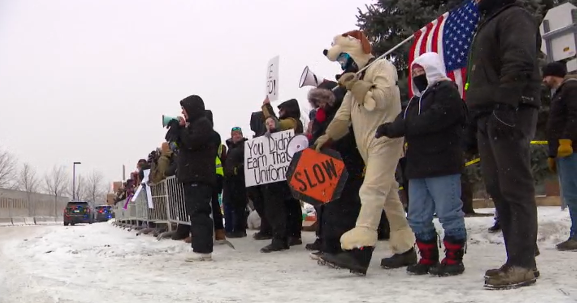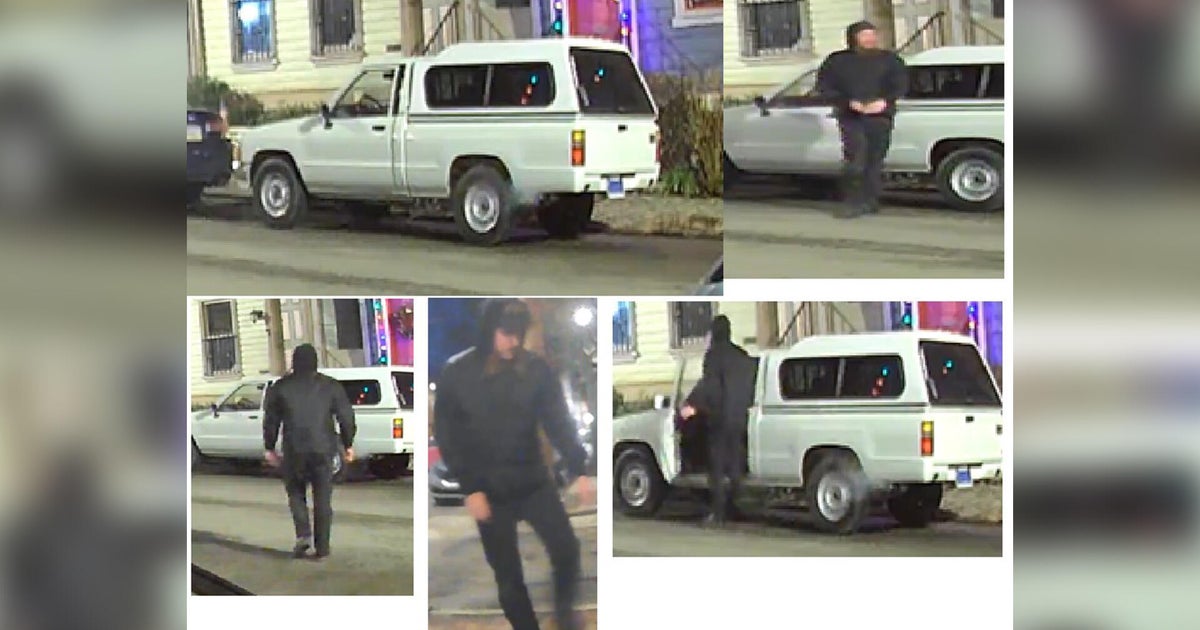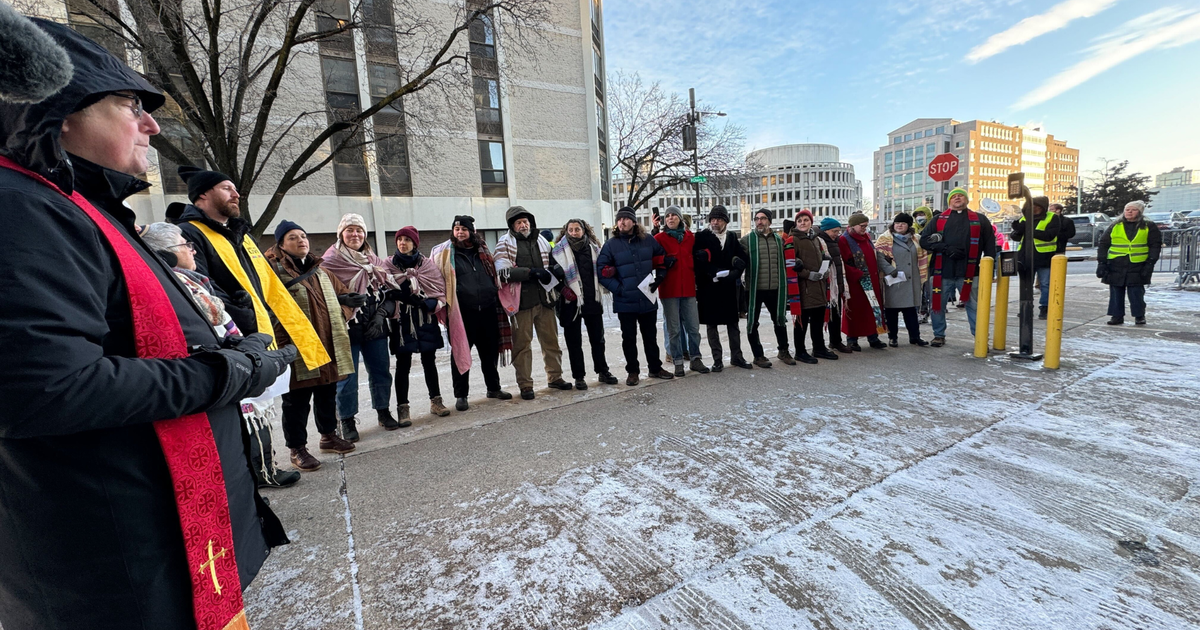Minnesota law enforcement readies to enforce new red flag law in 2024
MINNEAPOLIS — Law enforcement agencies across the state have been busy preparing for Minnesota's new red flag law that's set to go into effect in just a matter of days.
The change allows family members or law enforcement to petition a judge to take away guns from someone deemed to be a danger to themselves or others.
Minnesota will join more than 20 states including Washington D.C. that already have a red flag law in place.
Judges can grant two types of orders: An emergency order that lasts for 14 days or a longer extreme-risk order that can last up to one year, initially with the potential for extensions.
Minnesota Sheriff's Association agrees the goal of this law is to keep people safe, but the group's concern is how to enforce it.
Since the law passed, the sheriff's association has worked with the Department of Public Safety, the court system and the Minnesota Police Chief's Association to get ready.
RELATED: Here are the new laws in 2024 that will affect Minnesota landlords and tenants
Minnesota's Bureau of Criminal Apprehension has offered training online, which many agencies have taken, and the sheriff's association legal counsel will also be holding training soon.
The association's president, Renville County Sheriff Scott Hable, said there are still many questions to be answered.
"The training really describes the different ways people can apply for these different risk protection orders, it describes how the respondent is able to respond [and] whether it's a voluntary surrender of firearms or not," he said. "It describes applying for that search warrant, but it does not address tactics and so tactics I think will vary according to venue and jurisdiction."
He said the best-case scenario is if the gun owner voluntarily surrenders their firearms. If they don't, according to the new red flag law, law enforcement would then be required to apply for and execute a search warrant.
Hable said they are still working on guidelines for carrying out search warrants safely.
"We have some challenges to work through," he said. "We'll do the best we can. Police officers and sheriff's departments are in the business of keeping people safe that's our overreaching goal and the last thing we want is for anyone to be hurt."
Early on, the sheriff's association also had other concerns about the lack of "due process," but the issue was ultimately addressed in the law.
Gun owners are afforded a court hearing within 14 days under the emergency order. They can also give input to the court and contest any allegations in the longer extreme-risk order.








